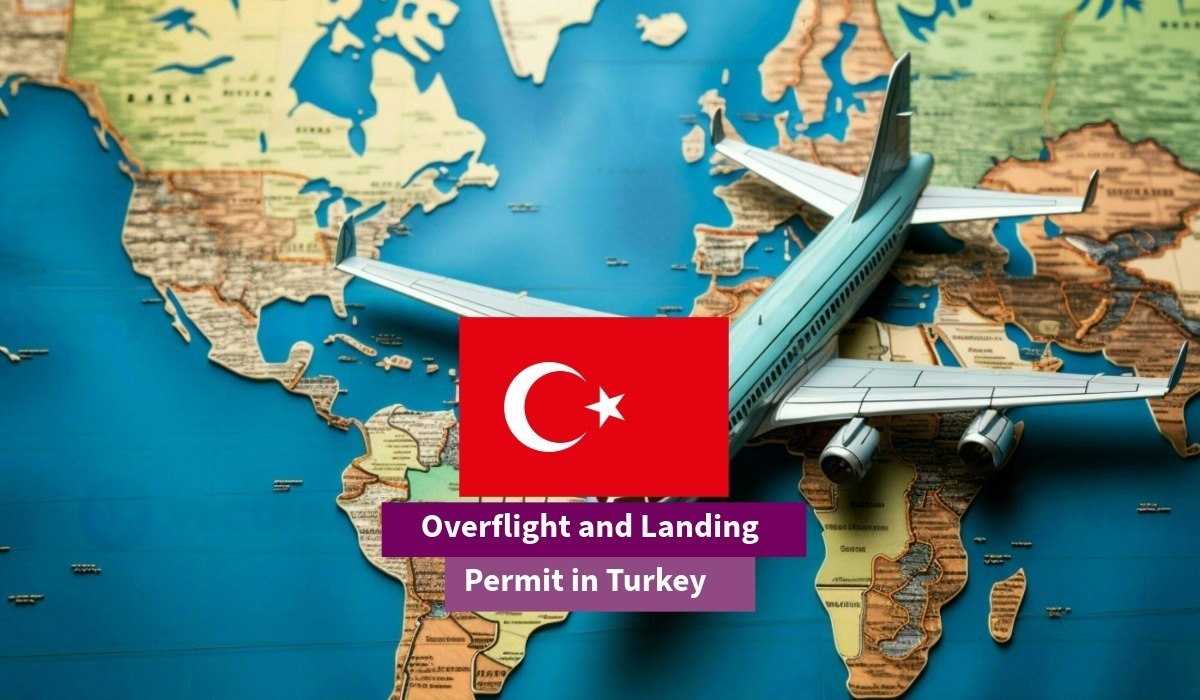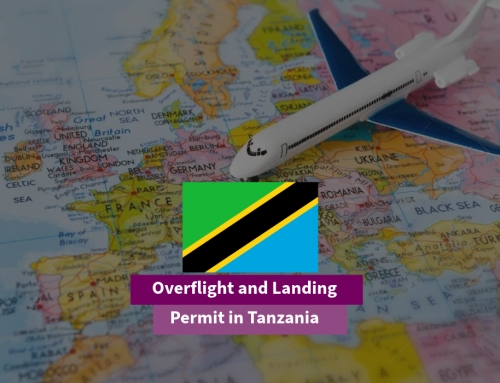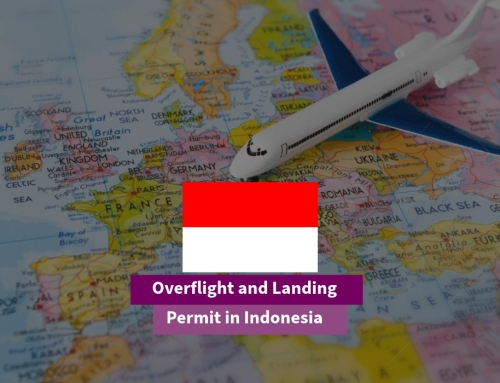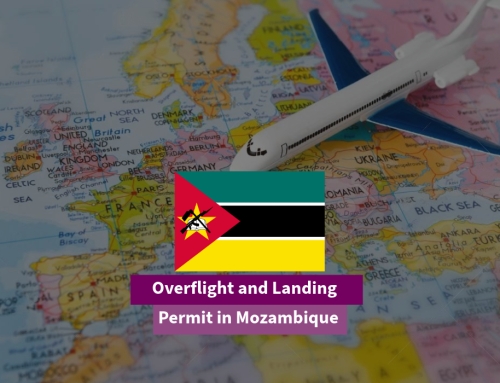Obtain Overflight and Landing Permit in Turkey
Operating flights to Turkey requires adherence to local aviation regulations and obtaining the appropriate permits. Turkey is a strategic hub between Europe, Asia, and the Middle East, making it a critical destination for commercial and private aviation. Here’s a detailed guide to help you navigate flight permit requirements for Turkey.
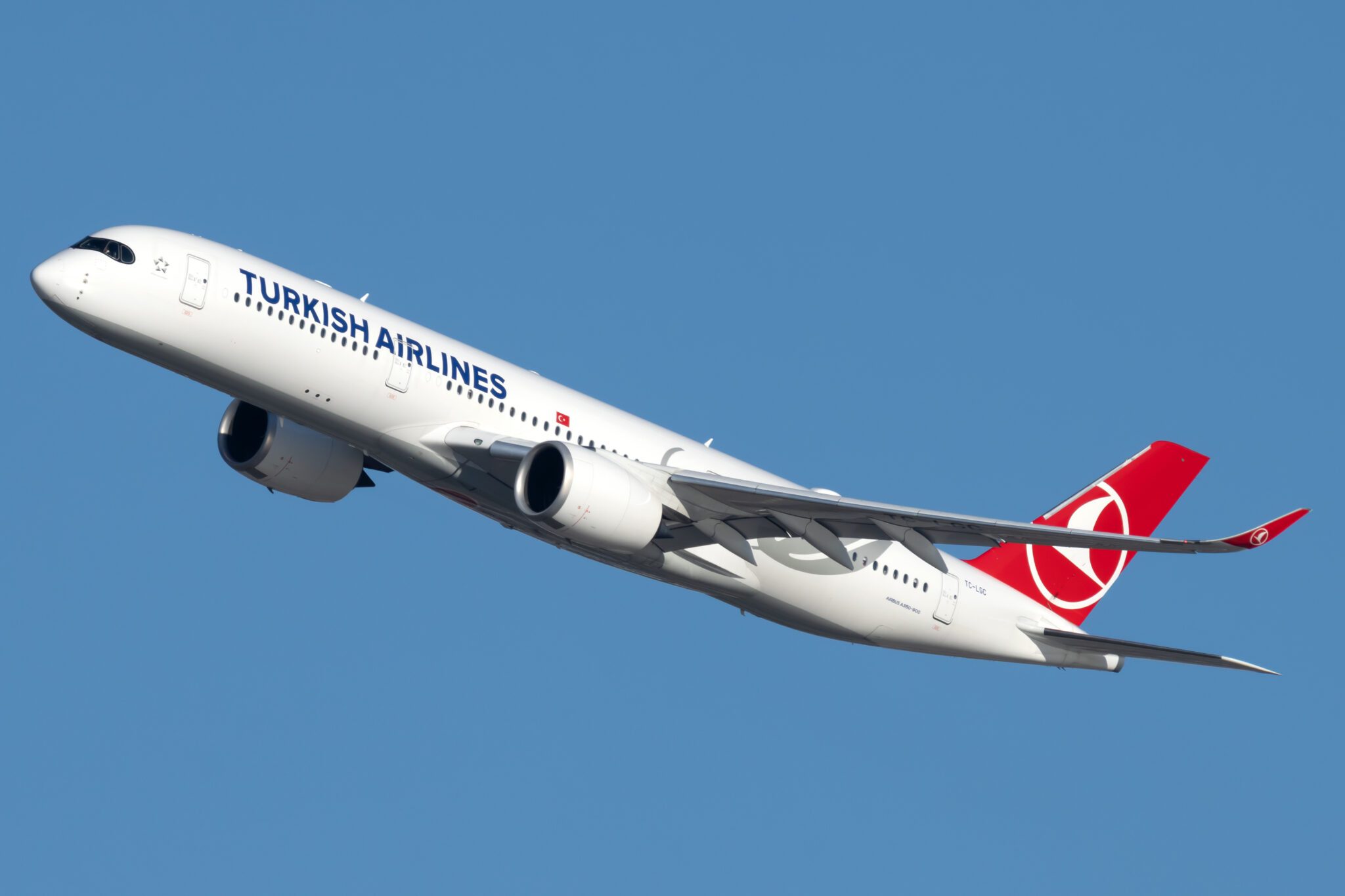
1. Types of Flight Permits in Turkey
Turkey requires two main types of flight permits:
- Overflight Permit:
- Necessary for aircraft passing through Turkish airspace without landing.
- Managed in coordination with Eurocontrol, as Turkey is a member of the ICAO and follows international airspace management regulations.
- Landing Permit:
- Mandatory for all flights to land at any Turkish airport.
- Required for both scheduled and non-scheduled flights, including commercial, cargo, and private operations.
2. Regulatory Authority
The Directorate General of Civil Aviation (DGCA) Turkey oversees flight permits and ensures compliance with national and international aviation standards.
3. Documentation Required for Flight Permits
For Overflight Permits:
- Aircraft registration certificate.
- Airworthiness certificate.
- Aircraft insurance certificate (covering third-party liability).
- Air operator’s certificate (AOC) for commercial operators.
- Flight details (route, altitude, estimated entry/exit points in Turkish airspace).
- Pilot licenses and medical certificates.
For Landing Permits:
- All documents required for overflight permits.
- Ground handling arrangements at the destination airport.
- Slot approval from the respective airport (if applicable).
- Purpose of the flight (e.g., passenger transport, cargo, or private operations).
- Passenger manifest or cargo details (if applicable).
4. Key Considerations for Specific Flights
Scheduled Commercial Flights:
- Must operate under bilateral air service agreements (BASA) between Turkey and the operating country.
- Airlines must comply with European and Turkish aviation regulations.
Charter Flights:
- Require individual flight permits for each operation.
- Approval may depend on passenger needs, seasonal demand, or special events.
Private and Business Aviation:
- Simplified permit process compared to commercial flights.
- All private operators must still submit complete documentation for approval.
Emergency Flights:
- Medical evacuations or emergency flights can receive expedited approval.
- Coordination with the DGCA and local airport authorities is critical.
5. Lead Times for Permit Approvals
- Overflight Permit: Typically approved within 24-48 hours.
- Landing Permit: This can take 2-3 working days, depending on the nature of the flight.
- Emergency Flights: Permits can be issued within a few hours if all required documentation is provided.
6. Airports in Turkey
Turkey has several major airports to accommodate international and domestic flights:
- Istanbul Airport (IST): A major global hub for international and transit flights.
- Sabiha Gökçen International Airport (SAW): Located on Istanbul’s Asian side, serving domestic and international traffic.
- Antalya Airport (AYT): Popular for tourism, serving the Mediterranean region.
- Ankara Esenboğa Airport (ESB): Key airport for the capital city, Ankara.
- Izmir Adnan Menderes Airport (ADB): Serves the Aegean region.
- Dalaman Airport (DLM): A gateway to southwestern Turkey’s coastal destinations.
7. Airspace Management
- Managed by DHMI (General Directorate of State Airports Authority) and Eurocontrol.
- Operators must adhere to ICAO and Eurocontrol regulations for air navigation and flight planning.
8. Key Challenges and Tips
- Slot Coordination: Major airports like Istanbul Airport and Antalya Airport require slot approval, especially during peak travel seasons.
- Language and Documentation: While English is widely used in aviation, ensuring complete and accurate documentation is crucial to avoid delays.
- Seasonal Demand: Tourism-heavy periods may result in longer lead times for permit approvals.
9. Steps to Obtain Permits
- Flight Planning:
- Determine the flight route, destination, and purpose of the flight.
- Prepare Documentation:
- Collect all required documents for overflight and landing permits.
- Submit Application:
- Submit the permit request to the DGCA or authorized agencies.
- Coordinate Ground Handling:
- Arrange handling services at the destination airport.
- Monitor and Follow-Up:
- Keep track of the application process and address any queries promptly.
10. Useful Contacts
- Directorate General of Civil Aviation (DGCA) Turkey:
- Website: https://www.shgm.gov.tr
- Phone: +90 312 203 60 00
- Email: [email protected]
- Eurocontrol:
- Website: https://www.eurocontrol.int
- General Directorate of State Airports Authority (DHMI):
- Website: https://www.dhmi.gov.tr
- Phone: +90 312 204 20 00
Need a flight permit in Turkey? click here

